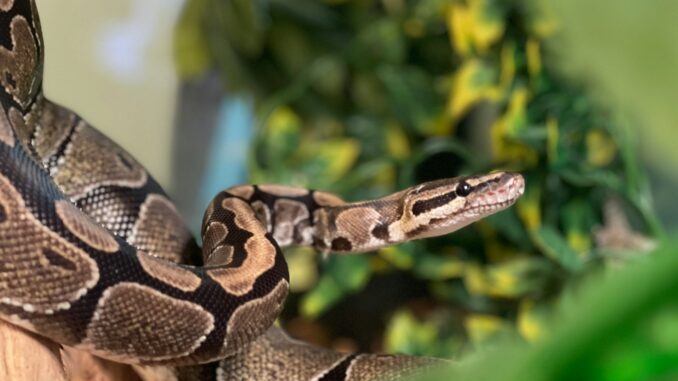
Owning a snake can be a uniquely rewarding experience, but it also comes with significant responsibilities. As a snake keeper, it’s essential to provide the best care possible for your scaly companion. Whether you are a novice owner or a seasoned enthusiast, this comprehensive guide aims to provide you with essential care tips for your beloved serpent.
Understanding Your Snake’s Needs
Before delving into specific care tips, it’s crucial to have a broad understanding of your snake’s natural habitat and behavior. Snakes are ectothermic, meaning they rely on external sources of heat to regulate their body temperature. Creating an environment that mimics their natural habitat is pivotal to your snake’s well-being. Research your snake’s species to understand its specific temperature, humidity, and environment requirements.
Housing and Enclosure
Selecting an appropriate enclosure is the first step in providing quality care for your snake. The enclosure should be escape-proof, well-ventilated, and spacious enough to allow for natural movement. Additionally, it should include a secure lid to prevent your snake from slithering out.
Substrate choice is also critical – it should maintain proper humidity, be easy to clean, and be non-toxic to your snake. Common substrate options include aspen shavings, cypress mulch, and newspaper.
Temperature and Lighting
Maintaining the correct temperature is fundamental to your snake’s health. It’s essential to provide a temperature gradient within the enclosure, including a warm side and a cooler side. Utilize heat sources such as heat mats, heat lamps, or ceramic heaters to achieve the appropriate temperature gradient.
It’s important to remember that snakes also require a consistent day-night cycle. Ensure that your snake is exposed to light for 12 hours a day, followed by 12 hours of darkness. A timer can help regulate the lighting cycle and ensure it remains consistent.
Feeding and Nutrition
Understanding your snake’s dietary requirements is essential for its overall health. Snakes are carnivorous and have specific dietary needs. Research your snake’s species to determine the appropriate prey size and feeding schedule.
Common prey items for snakes include mice, rats, and chicks. It’s crucial to never feed live prey to your snake, as this can result in unnecessary stress or injury. Additionally, it’s important to monitor your snake’s body condition and adjust its diet accordingly to avoid obesity or malnutrition.
Handling and Enrichment
Handling your snake should be approached with caution and respect for the animal’s boundaries. Regular, gentle handling can help your snake become accustomed to human interaction and reduce stress. However, it’s important for every snake keeper to be mindful of your snake’s comfort level and avoid overhandling.
Enrichment activities, such as providing hiding spots, branches for climbing, and environmental stimuli, are essential to promoting your snake’s well-being. These activities mimic their natural behaviors and help prevent stress and boredom.
Health and Veterinary Care
Monitoring your snake’s health is crucial in identifying potential issues early. Regularly check for signs of illness, such as changes in appetite, behavior, or appearance. Additionally, its enclosure should be kept clean and free of waste to prevent the spread of diseases.
Should you notice any concerning symptoms, it’s imperative to seek veterinary care from a reptile specialist. Regular veterinary check-ups can aid in detecting and treating health issues before they escalate.
Conclusion
Caring for a snake is a fulfilling responsibility that requires a commitment to understanding and meeting its needs. By providing the right environment, nutrition, and care, you can ensure that your beloved serpent lives a healthy and happy life. Remember that each snake species has its own unique requirements, so ongoing research and learning are essential to being a responsible snake keeper.
In conclusion, the essential care tips discussed in this snake keeper handbook are just the beginning of the journey in providing quality care for your snake. With dedication and a genuine love for these fascinating creatures, you can cultivate a rich and rewarding relationship with your serpent companion.
Leave a Reply
You must be logged in to post a comment.